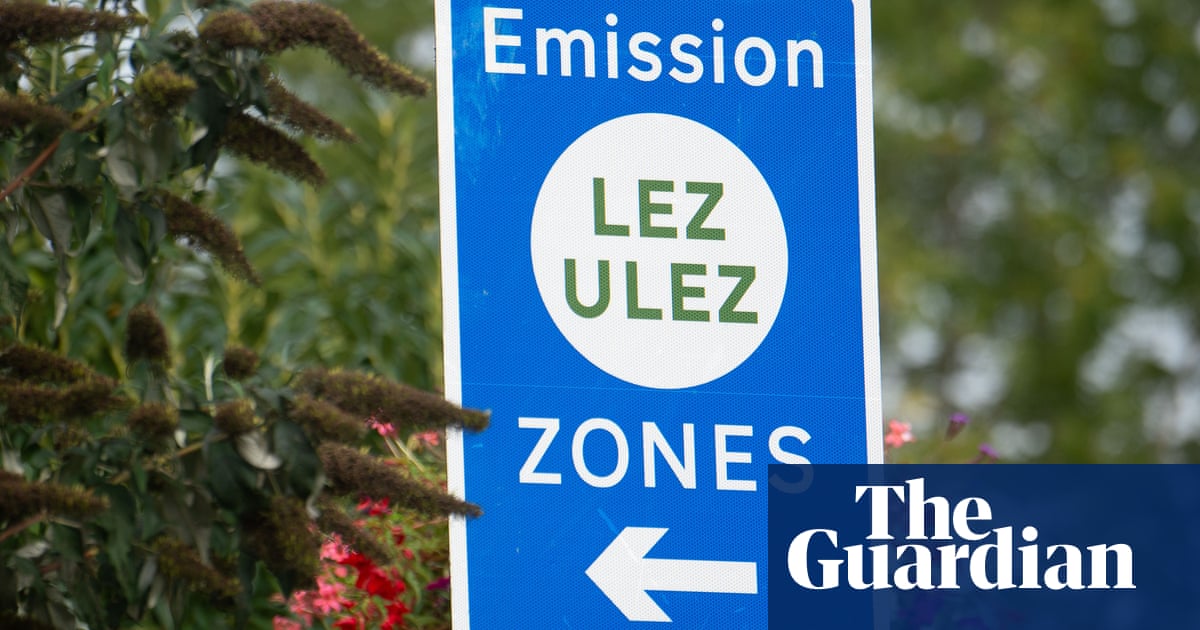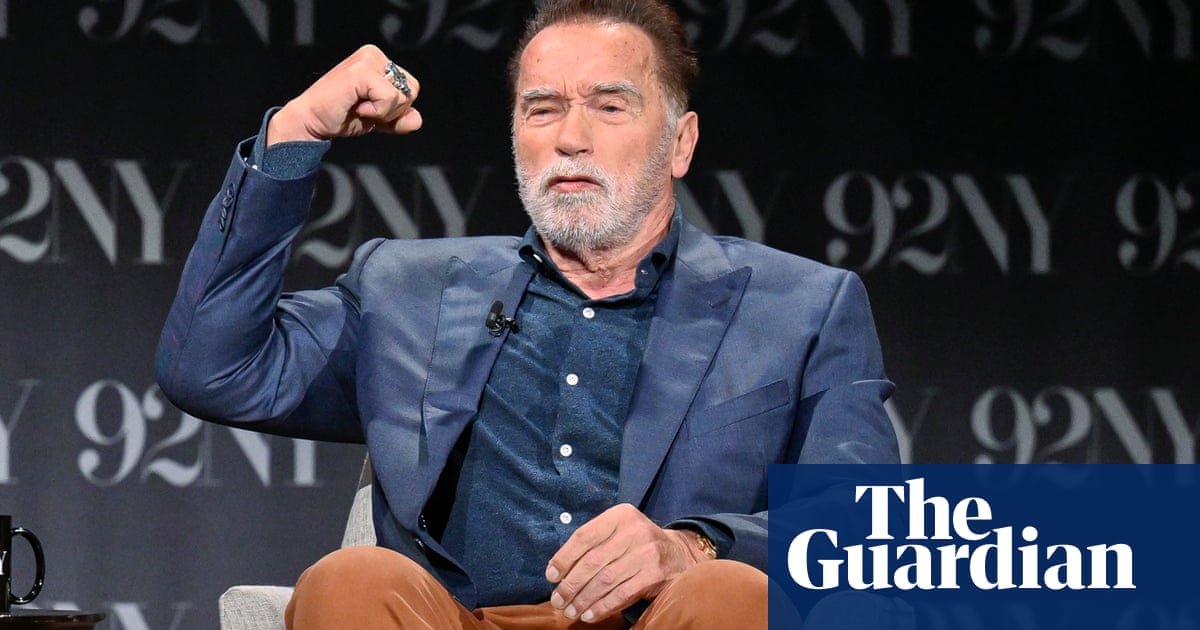In a stark dissent from the conservative-majority US supreme courtâs opinion granting Donald Trump some immunity from criminal prosecution, the liberal justice Sonia Sotomayor said the decision was a âmockeryâ that makes a president a âking above the lawâ.
The court ruled Monday that Trump cannot be prosecuted for âofficial actsâ he took while president, setting up tests for which of the federal criminal charges over his attempt to subvert the 2020 election are considered official and sending the case back to a lower court to decide.
âTodayâs decision to grant former Presidents criminal immunity reshapes the institution of the Presidency,â Sotomayor wrote in dissent. âIt makes a mockery of the principle, foundational to our Constitution and system of Government, that no man is above the law.â
Sotomayor, writing in a scathing tone, said the court would effectively allow presidents to commit clear crimes without punishment, an expansion of presidential powers that puts democracy at risk. She and fellow liberal justice Ketanji Brown Jackson lay out hypothetical ways the courtâs ruling could create crises in the US.
âThe President of the United States is the most powerful person in the country, and possibly the world. When he uses his official powers in any way, under the majorityâs reasoning, he now will be insulated from criminal prosecution,â Sotomayor wrote.
âOrders the Navyâs Seal Team 6 to assassinate a political rival? Immune. Organizes a military coup to hold onto power? Immune. Takes a bribe in exchange for a pardon? Immune. Immune, immune, immune.
âLet the President violate the law, let him exploit the trappings of his office for personal gain, let him use his official power for evil ends. Because if he knew that he may one day face liability for breaking the law, he might not be as bold and fearless as we would like him to be. That is the majorityâs message today.
âEven if these nightmare scenarios never play out, and I pray they never do, the damage has been done. The relationship between the President and the people he serves has shifted irrevocably. In every use of official power, the President is now a king above the law.â
Until now, presidents have operated under the assumption that their actions were not immune from criminal prosecution if they used their office, and the trappings of their office, to commit crimes, she writes. But going forward, presidents wonât be so concerned.
âWith fear for our democracy, I dissent,â she concluded.
Jackson wrote a separate dissent, though noted that she âagree[s] with every word of her powerful dissent,â and wanted to lay out the âtheoretical nuts and bolts of what, exactly, the majority has done today to alter the paradigm of accountability for Presidents of the United Statesâ.
The ruling changes the balance of power among the three branches of government and gets rid of the ability to deter presidents from abusing their power, âto the detriment of us allâ, Jackson wrote. The âpractical consequencesâ of the majority decision âare a five-alarm fire that threatens to consume democratic self-governance and the normal operations of our Governmentâ.
In a footnote in her dissent, Jackson games out the âoddityâ of deciding whether a president is immune from prosecution based on the character of a presidentâs powers.
âWhile the President may have the authority to decide to remove the Attorney General, for example, the question here is whether the President has the option to remove the Attorney General by, say, poisoning him to death,â Jackson wrote. âPut another way, the issue here is not whether the President has exclusive removal power, but whether a generally applicable criminal law prohibiting murder can restrict how the President exercises that authority.â
after newsletter promotion
While the majority opinion, written by Chief Justice John Roberts, claims it hems in presidential immunity in some ways, Sotomayor takes that idea to task. The majority opinion is an âembrace of the most far-reaching view of Presidential immunity on offerâ. No one has claimed that purely private acts would be immune from prosecution, she writes, making their exclusion an âunremarkable propositionâ.
The court effectively expanded what is considered an official act in a way that will capture events beyond a presidentialâs core duties and ensnare unofficial acts, she claims. And a prohibition on bringing up these official acts during a prosecution of unofficial acts âdeprives these prosecutions of any teethâ.
She lays out an example: âFor instance, the majority struggles with classifying whether a Presidentâs speech is in his capacity as President (official act) or as a candidate (unofficial act). Imagine a President states in an official speech that he intends to stop a political rival from passing legislation that he opposes, no matter what it takes to do so (official act). He then hires a private hitman to murder that political rival (unofficial act). Under the majorityâs rule, the murder indictment could include no allegation of the Presidentâs public admission of premeditated intent to support the mens rea of murder. That is a strange result, to say the least.â
The majority wrote that immunity is necessary because it allows the nationâs top elected official to execute his duties âfearlessly and fairlyâ and take âbold and unhesitating actionâ without the threat of looming prosecution. But, Sotomayor hits back, itâs more dangerous for a president to feel empowered to break the law.
âI am deeply troubled by the idea, inherent in the majorityâs opinion, that our Nation loses something valuable when the President is forced to operate within the confines of federal criminal law.â
The testy dissent was replete with digs at the conservative-dominated court, which, aided by justices Trump appointed when he was in office, now counts just three liberal justices and has moved the country further to the right in recent years as a result.
Sotomayor directs readers to âfeel free to skip over those pages of the majorityâs opinionâ about one area in the conservativesâ arguments. She said the majority âinvents an atextual, ahistorical, and unjustifiable immunity that puts the President above the lawâ. The conservatives relied on âlittle more than its own misguided wisdomâ, she wrote. She added that âit seems history matters to this Court only when it is convenient.â
âIn sum, the majority today endorses an expansive vision of Presidential immunity that was never recognized by the Founders, any sitting President, the Executive Branch, or even President Trumpâs lawyers, until now. Settled understandings of the Constitution are of little use to the majority in this case, and so it ignores them,â she wrote.



